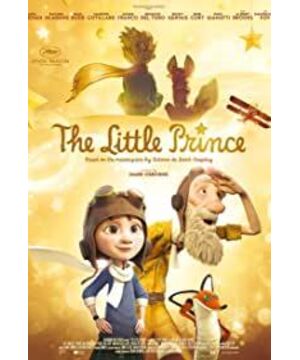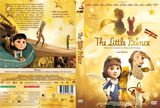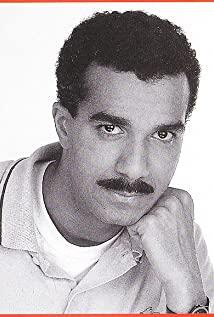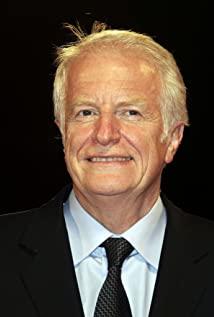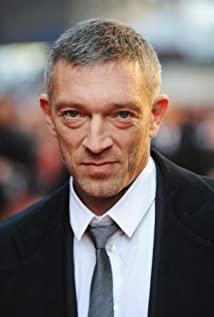And the movie "The Little Prince" I watched yesterday made me feel an endless sense of disgust. In the second half of the movie, I felt like I was on pins and needles. something.
This is an anti-intellectual story at all. The first half is about unscrupulous scumbags who have been abandoned twice, and the second half is about the weak in society slandering the progress of business. This obvious defection story is set on a pale child who is a "prince". If you put some ambiguous words on your body, you will hit the pain points of the older literary and artistic rebellious young people, and find a support for their irresponsible love and refusal to fulfill their social identity.
The little prince abandoned the rose twice, once to the rose and once to the fox. He left the rose because of its "sensitive and suspicious vanity" and felt that the rose was "hard to serve", and when he regretted it, he said He was "too young" (what happens when an immature man meets the first woman); he left the fox because he learned to give from the fox, so he rediscovered the importance of roses and planned to go back make up.
But if you think about what happened, it is not difficult to know that when the little prince met the fox, he also met thousands of roses, and these roses did not need her, and he had to say that these roses were "beautiful and empty" (Ah, that's how those unlucky diaosi judge the beautiful women he can't get), and the fox, this kind of gentle woman who needs to be tamed, can't bring the freshness of rose-like "fragrant and colorful", So he left again out of boredom.
This kind of forward thinking in love is a kind of greed like a prodigal son. Leaving again and again is a blasphemy to the other person who gave his sincerity in every love. Who should be responsible for the heartbreak of the rose and the fox?
If the first half of the film is justified by a love prodigal who is too self-concerned, then the second half of the film simply conveys an outdated, dilapidated and harmful value. In the film, the businessman is portrayed as Cold-blooded, ruthless, uninteresting, and actively working adults are also described as rigid, boring, and lacking in emotion. This is really trying to teach bad children, let them grow up to be the fringes of the decadent society who can't even sweep chimneys.
The movie deliberately depicts the world of adults as cookie-cutter squares. Everyone is confined in a cubicle with no way out and no end. Driven and squeezed by business, they become walking dead. There is no fun at all. In historical reality, all the times when art flourished and developed were the flourishing period of commerce, not to mention the patronage and contribution of some commercial families to art. Commerce and art have never been opposites, and art kitsch is not all about it. Driven by business, there is also the self-selection of art. In the relationship between art and business, it is more about mutual encouragement.
The germination of capitalism gave birth to the Renaissance, and the development of capitalism accelerated the Enlightenment. So far, the Da Vinci and Michelangelo we like, the Baroque and Rococo we admire, which one was not born in the prosperous commercial society?
Although "the article hates life", the impoverished Van Gogh and Balzac did not choose to be poor by themselves. On the contrary, they are all working hard with the hope that art can bring them a better material life, and they are devoted to the beauty of life. The pursuit of material life is the driving force for the progress of our human society. The contribution to GDP is also a reflection of a person's value to a certain extent.
I don't believe that the weak, chaotic, helpless little prince who can't sweep the chimney can make beautiful works of art. All he has is self-esteem and pity, this introverted and wishful life character , is "useless" in business, and by no means the beauty in life.
Even in his life, he did not dare to be a rebel in the commercial society. He is always vulnerable like this. You actually appreciate it? If it were my little child, I would never let him see the little prince.
View more about The Little Prince reviews


